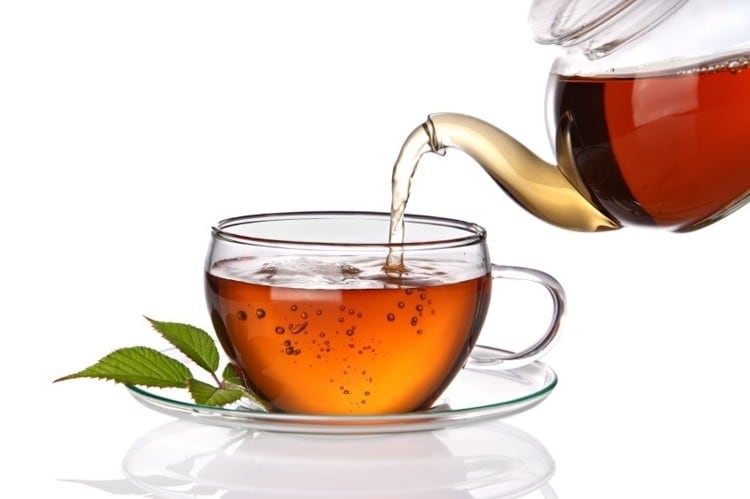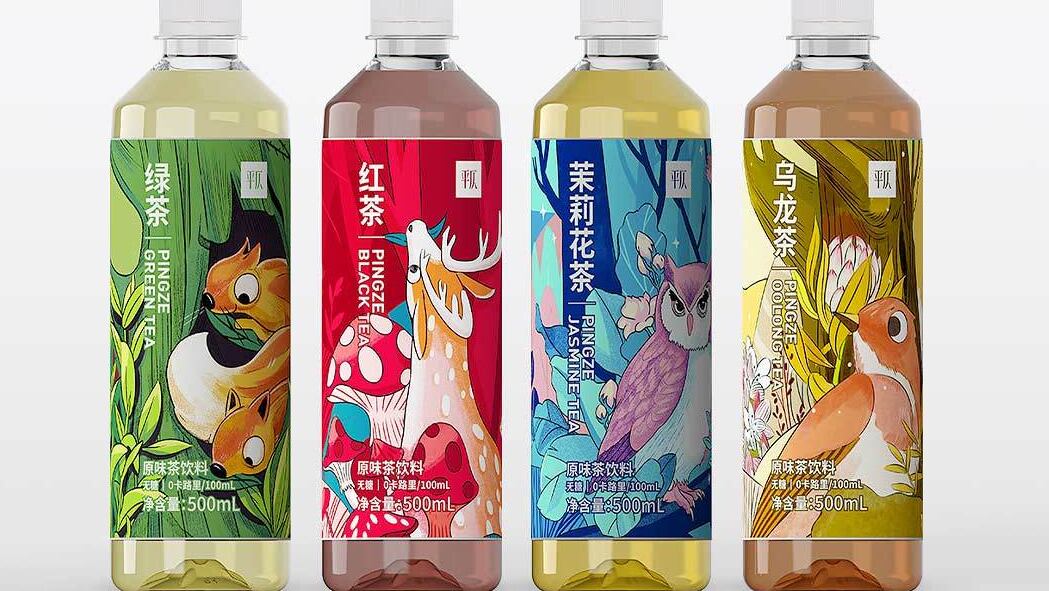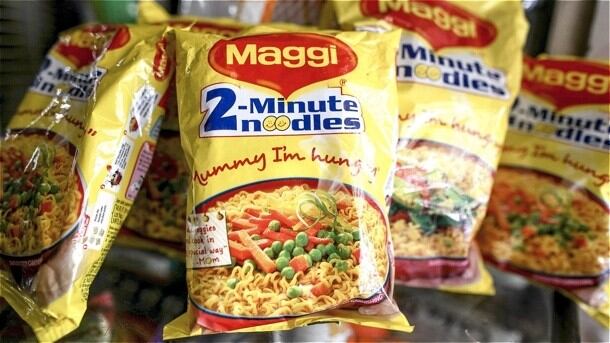Recently, companies including Teabox, Vadham Teas and Tea Trunk have made an impression and gained funding to expand their retail and online markets for premium teas—a market that is dominated by foreign manufacturers like Sri Lanka’s Dilmah.
India’s huge domestic market has made the industry complacent at the lower end too, sticking to the tried and trusted crush, tear and curl (CTC) variety, which is sold as granules. CTC teas account for a whopping 90% of the market, compared to the 8.4% occupied by leaf teas.
Last year, the country exported over US$837m of tea, mostly as loose product for re-export through the UAE to overseas manufacturers. In 2016, it was only behind China in terms of tea production, harvesting almost 1.3m kilos of leaves, according to the Tea Board of India.
In December, premium manufacturer Teabox, which is based in Siliguri in northeast India’s premier tea-growing region and sells over 40 million cups of teas to consumers across more than 112 countries, secured US$7m in series B funding, which it will use in part to support growth overseas.
Offline option
“Half of the funds raised in this round of funding will be used for expansion of the brand in India and abroad. We are also looking at opening offline stores in India at strategic locations,” Teabox founder and chief executive Kaushal Dugar said at the time.
Indeed, Teabox will soon open its first branded store, in Mumbai Airport, to sell the brand’s 250 varieties to passengers.
A younger start-up, Vadham Teas, closed series A funding of US$1.4m of funding, also in December, to help grow its e-commerce business. Its business model aims to speed up the time it takes tea to go from being picked to being served in a customer’s home. To do that, it sources leaves direct from plantations after which 95% is vacuum-packed and prepared to be shipped direct to customers.
Its 25-year old chief executive, Bala Sarda, said its tea typically takes 3-4 days from being picked to landing in major American cities, which represent around 70% of its 150,000 registered customers. That’s a huge improvement on traditional methods which can take almost a year to reach the customer.
“The supply chain for the last 200 years was that teas were plucked and exported in bulk, taking three to four months. They were then packed and handled by multiple middle men, by the time the consumer gets to have tea it is 10 months onward,” Sarda said in an interview.
These and other start-ups have been carving their own path outside the traditional Indian tea promoter, the Tea Board of India, which is often criticised for its ineffective support of the traditional industry. The Ministry of Commerce operation may soon be forced to change its tune as producers cotton on to the real value of their leaves.




